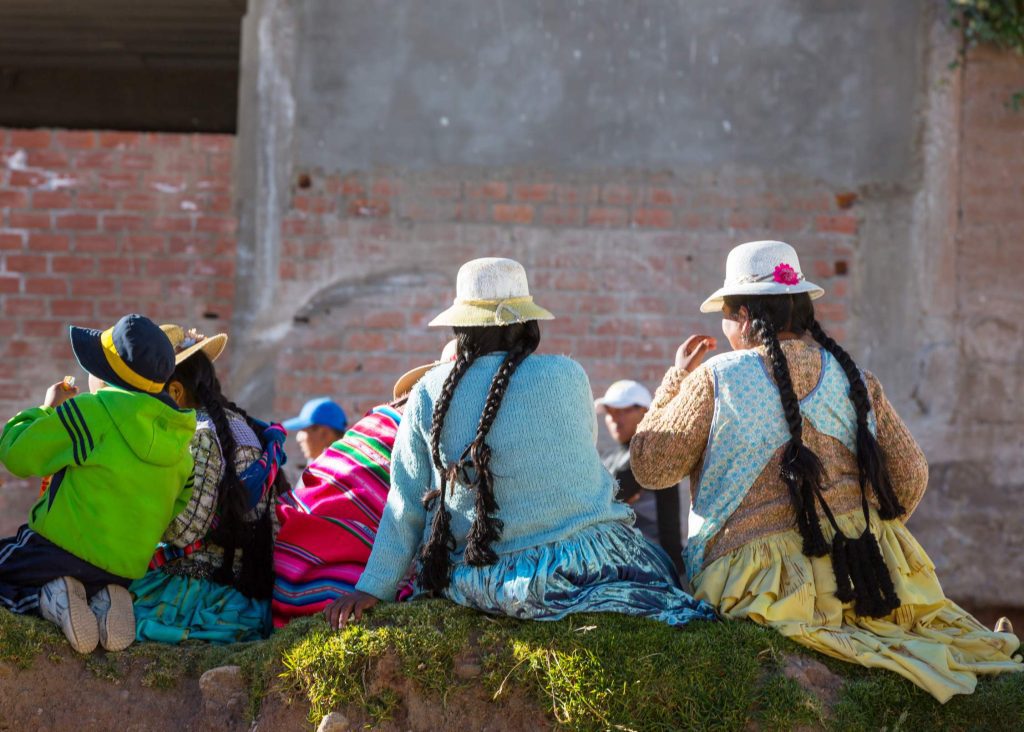Indigenous Amazonians Don’t Develop Alzheimer’s. Why?
Is there any surefire way to prevent Alzheimer’s or other dementias? Data published in The Lancet found that as many as 40 percent of dementia cases are preventable by addressing modifiable, lifestyle-related risk factors, such as high blood pressure and obesity. And yet, there are some people who, even though they follow every science-backed suggestion about lowering their risk, still do develop this mysterious disease. Scientists are working to understand whether there are any changes we can make to our lifestyles that offer us extra protection.
One place they’re looking: isolated communities in the Amazon, who don’t use modern technology, don’t eat mass produced foods, and don’t experience most of the health risks related to living in the “developed” world. Researchers have identified a couple Indigenous groups in the Bolivian Amazon who almost never develop Alzheimer’s. In fact, these groups have the lowest rates of brain and heart disease ever measured.
For the last two decades, researchers from the University of Southern California have studied Bolivia’s Tsimané community. Here’s what they’ve learned so far.

Why don’t the Tsimané develop Alzheimer’s
Andrei Irimia, an assistant professor at the University of Southern California who studies the Tsimané, told Being Patient in a recent Live Talk that this group isn’t exposed to various risk factors linked to industrialization: Air pollution, junk food, and a sedentary lifestyle.
“They (the Tsimané) have a lot of very high levels of physical activity, such that their lifestyle is quite different from the sedentary lifestyle here in the United States or elsewhere in the world,” Irimia said. In addition, their diet is extremely healthy. It is high in fruits, vegetables, fiber, fish, and lean game meat from animals hunted in the forest.
As a result, the Tsimané may be the least likely to develop Alzheimer’s and other forms of dementia. A 2022 study published in the journal Alzheimer’s and Dementia found that 7.7 percent of Tsimané elders over 60 had signs of mild cognitive impairment. While mild cognitive impairment is usually a risk factor for developing Alzheimer’s, it rarely progressed in the Tsimané. After studying 435 people, the researchers only found five total cases of dementia.
“Their dementia is not usually of the Alzheimer’s type,” Irimia said. “It seems to be a novel type of dementia syndrome that is new to science.”
Lessons from the Tsimané and other Indigenous groups
According to Irimia, studying remote populations like the Tsimané is challenging. In this case, advanced diagnostic tests like PET amyloid scans aren’t available in the area of Bolivia where the Tsimané are being studied. That means it is impossible to tell whether there is the buildup of amyloid plaques, which are linked to Alzheimer’s. The researchers also don’t have access to post-mortem samples. So, scientists don’t have all the pieces to this puzzle.
Large-scale studies so far haven’t been able to definitively link some of these lifestyle factors like diet or exercise to meaningfully reduce the risk of developing Alzheimer’s or dementia. “The brain functions optimally when there is an optimal level of food intake and exercise,” Irimia said. Too little exercise or improper nutrition, as well as too much food intake is linked to brain shrinkage across different conditions.
Perhaps the Tsimané can help us find the sweet spot.
To learn about clinical trials of new medications that aim to modify the pathology of Alzheimer’s disease, call Charter Research at 407-337-3000 (Orlando) or 352-441-2000 (The Villages).
